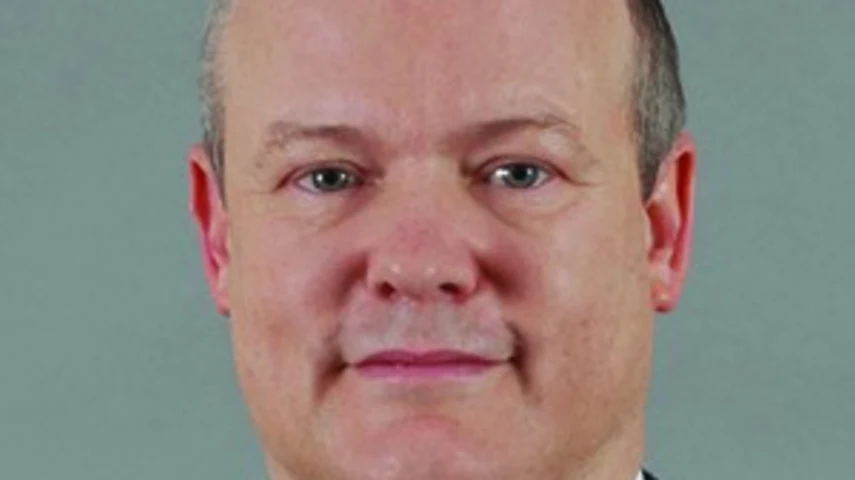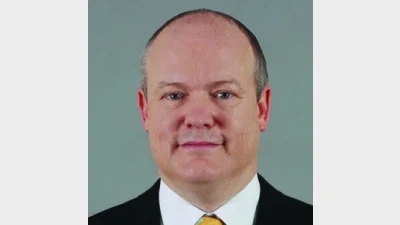Financial sector concentration raises passive investing concerns



The Australian share market is moving to its highest concentration towards the financial sector in the last 40 years creating concerns around the limited investment exposure and risks inherent in passive investments tracking the index.
This level of concentration is higher than other developed markets including Canada, the United States and Europe, according to Lazard Asset Management portfolio manager Phil Hofflin, who said the four major Australian banks rank in the top 15 banks in the world by market capitalisation in May of this year.
Hofflin said the Australian market has moved to concentrated positions in the past with technology, media and telecommunications being dominant in 2000, materials and energy in 2008 and financials in 2015.
However he said the large shift to financials, while materials and energy continued to taper off, did create concerns around passive investments and their high exposure to index positions.
"If the banks do drop off we don't think they and the market are prepared for the negatives which we think will follow. Recent news about bad debts and the Reserve Bank keeping rates down while the market rebalances means we have taken an underweight position in them," Hofflin said.
"Instead we have invested in resources which during the boom we felt were priced too high. However that part of the index has now lost two-thirds of its value and we feel offers good cash generation and franking credits."
Hofflin said many larger miners had been repriced since the drop off in the demand for resources from China and that would have a flow on effect, firstly in Western Australia and then in Queensland specifically, with the full impact across the country taking longer to play out.
"The housing market, especially in those states, we think will see the impact first as people who spent up find their cash reserves depleting with house prices unlikely to go up any further."
"While people have priced the impact on the resources sector on the Australian economy we don't think that they have priced it on property and the banks; there are some challenges in these areas."
Recommended for you
LGT Wealth Management is maintaining a neutral stance on US equities going into 2026 as it is worried whether the hype around AI euphoria will continue.
Tyndall Asset Management is to close down the Tyndall brand and launch a newly-branded affiliate following a “material change” to its client base.
First Sentier has launched its second active ETF, offering advisers an ETF version of its Ex-20 Australian Share strategy.
BlackRock has revealed that its iShares bitcoin ETF suite has now become the firm’s most profitable product line following the launch of its Australian bitcoin ETF last month.












